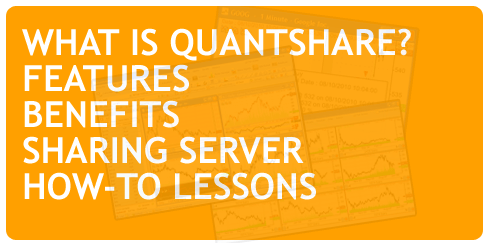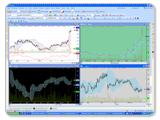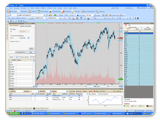 These days, the choice of investment vehicles and underlying assets in trading are varied and diverse. There was a time when trading and investing was limited to vehicles such as bonds, securities and funds. The same cannot be said today since there are many securities derivatives like options that present vast-ranging opportunities of its own. Options are not every traderís cup of tea. It does come with unique risks and rewards. However, due to its versatility, options can find its way into your overall trading plan as a hedge for your positions or you may find yourself harboring some love for this type of security and may find yourself mainly day trading options. Whether you want to exploit the opportunities that options trading may give you, or you simply want to get in the know of this potentially lucrative security, it is best to understand the basic of options trading and the rules that governs the trade. Understanding Options Basics Options are simply contracts that give the right, but not the obligation to purchase an asset at a specified amount and date in the future. To understand this definition better, letís take for example this analogy: Say for example, you want to buy a commercial real estate property valued at $500,000. The problem is, you donít have the money to buy the property outright. So instead of buying the property right away, you entered into an agreement with the owner which give you the right to buy the property after two months at the price of $500,000. This agreement with the owner cost you $2,000. From this scenario, possible future situations may arise: News could break out announcing the construction of a big mall right across the property. This is good news as it caused the property value in the area to skyrocket 4 times its present value. That means the property is now worth $2 million, but because the owner agreed to a contract beforehand, he is obliged to sell the property for $500,000 which leaves you to profit $1.5 million for this option. Another possible situation that could arise is that the economy could turn for the worse and as a result, commercial estatesí value could severely decline in the coming months. The $500,000 property may be worth a measly $300,000 after two months. In which case, you are not obliged to buy the property at $500,000 but you do lose the $2,000 you paid for the contract with the owner. The scenario discussed above best describes the nature of options. Options merely derive its value from the value of an underlying asset, like the commercial property in our example. In the world of finance, options are derivatives of indices and stocks. Day Trading Options Rules Because of the unique nature of options and the world of possibilities it offers, it has become a widely traded asset. For this reason, if you are a trader and contemplating on trading mainly this security or simply to diversify your position, you need to acquaint yourself with the rules governing the trade of options. First off, if you trade options 4 or more times in a week, you will be considered a pattern day trader. The requirements of pattern day traders are the same regardless of whether youíre trading stocks or options. For this reason, you are required to have a minimum equity of $25,000 on your day trading account. This will serve as a cushion against risks thatís inherent in day trading activities. Unlike stocks trading, options trading do not use much leverage in terms of margin trading since you are required to pay for the options contract in full. Nonetheless, FINRA still impose the minimum equity requirement of $25,000 on an options pattern day traderís account since engaging in numerous options transactions throughout the day subjects your account to substantial risk. And FINRA rule simply requires that funds are available in the account where risks and trades occur. As stated above, options is not for everyone. These are sophisticated trading tools which require in-depth education on its very nature for a trader to derive profitable career out of trading this security. And those who took the pains to go through the learning process of day trading options are the ones who get the most out of the opportunity this trading tool presents. comments powered by Disqus |

|
|
|
|







